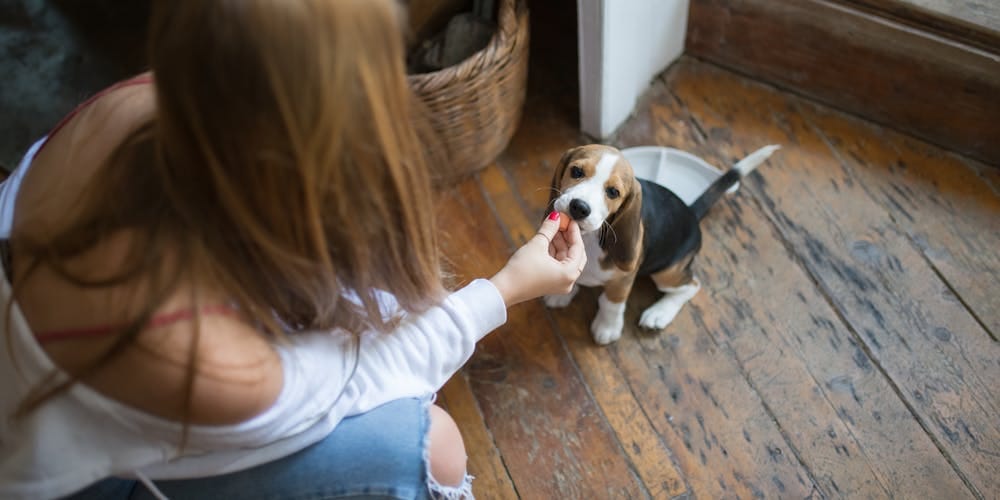Basset Hound Free to Good Home. When considering the idea of a Basset Hound free to a good home, one is often drawn into the heartwarming narrative of rescuing and rehoming these unique dogs. Basset Hounds, with their long ears, droopy faces, and charming personalities, hold a special place in the hearts of dog lovers around the world. Unfortunately, many of these lovable creatures find themselves in need of new homes due to various circumstances. Thus, the journey of finding a loving family for them becomes not just an act of kindness but a fulfilling commitment to ensuring their well-being. An adoption journey can be an emotional rollercoaster, demanding love, patience, and understanding from everyone involved.
Navigating this landscape requires connecting with communities, rescue organizations, and platforms dedicated to rehoming Basset Hounds. The culture of responsibility among dog owners has led to increasing numbers of initiatives that focus on creating connections between potential adopters and these gentle souls. As we delve deeper into this subject, it becomes clear that adopting a Basset Hound involves much more than simply providing a home; it’s a journey filled with opportunities for advocacy, personal growth, and a deepened understanding of love and companionship.
Understanding the Basset Hound Personality
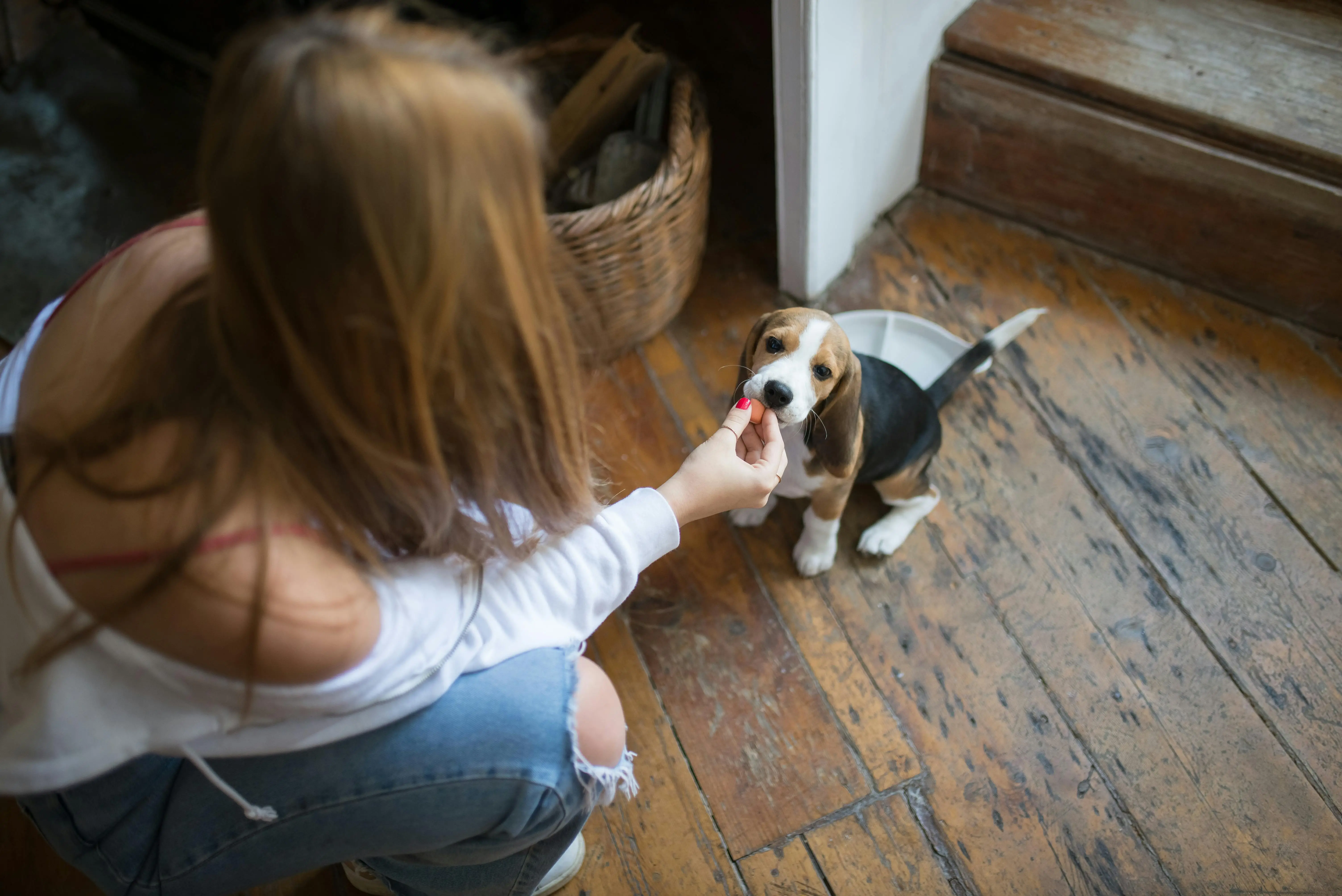
The personality of a Basset Hound is as distinctive as their appearance. They are known for being affectionate, laid-back, and sometimes a bit stubborn. To fully appreciate the essence of this breed, it’s crucial to explore their temperament, social needs, and unique behavioral traits.
Basset Hound Free to Good Home – Affectionate Nature

Basset Hounds have a reputation for being incredibly affectionate, often forming strong bonds with their human families. This loyalty makes them ideal companions for children and adults alike. They thrive in environments where they can engage and interact with their humans, showcasing their endearing nature through playful antics and cuddly moments.
Their gentle disposition allows them to adapt well to families, making them perfect pets for households with children. A Basset Hound’s calm demeanor can provide comfort and warmth, offering a sense of security to those around them. This affectionate trait underscores the importance of finding the right match when looking for a Basset Hound free to a good home.
Socialization Needs
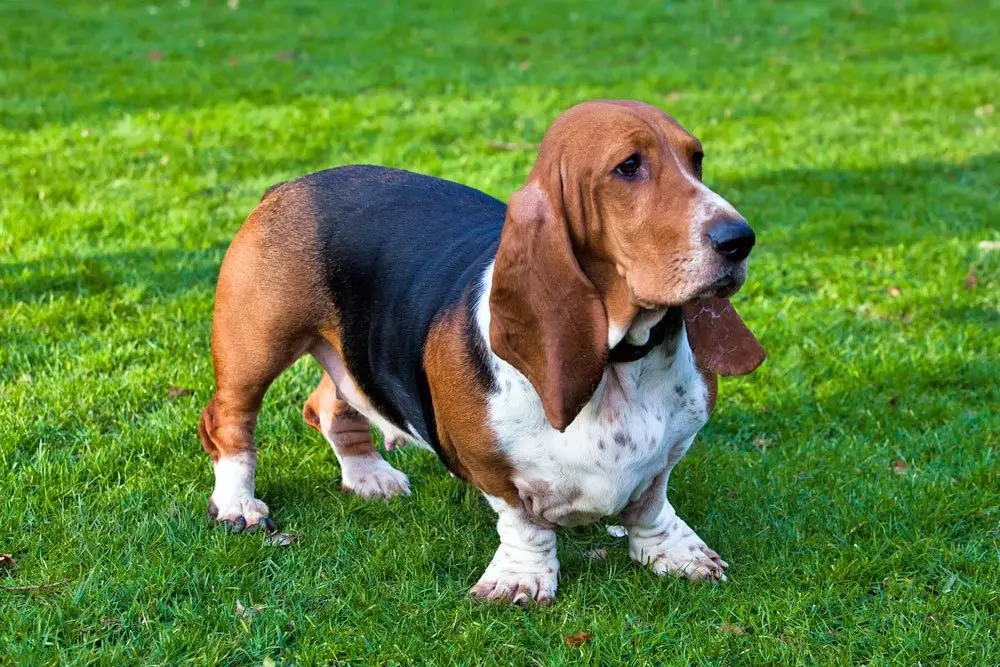
While Basset Hounds may initially seem content to lounge around, they require social interaction to flourish. These dogs can become bored or lethargic without proper stimulation, leading to undesirable behaviors. Engaging them in regular playtime, walks, or even training sessions can greatly enhance their happiness and well-being.
Socialization is especially important for rescue dogs who may have faced neglect or trauma. Building trust and rapport takes time, but it’s a rewarding experience that strengthens the bond between the dog and its new owner. By immersing themselves in a community of fellow dog lovers and caretakers, potential adopters can better understand the needs of Basset Hounds and how to fulfill them.
Unique Quirks
Every Basset Hound comes with its set of quirks, adding to their charm. Some may exhibit stubbornness or a tendency to follow their noses, which can lead to amusing situations. These quirks can be both entertaining and challenging; understanding them is key to creating a harmonious home environment.
Potential adopters should embrace these unique traits while fostering a culture of patience and acceptance. Recognizing that these quirky behaviors are part of what makes each dog special will allow for deeper connections and appreciation for the breed’s character. It is vital to ensure that every Basset Hound finds a home where their individuality is celebrated.
The Role of Rescue Groups and Adoption Platforms
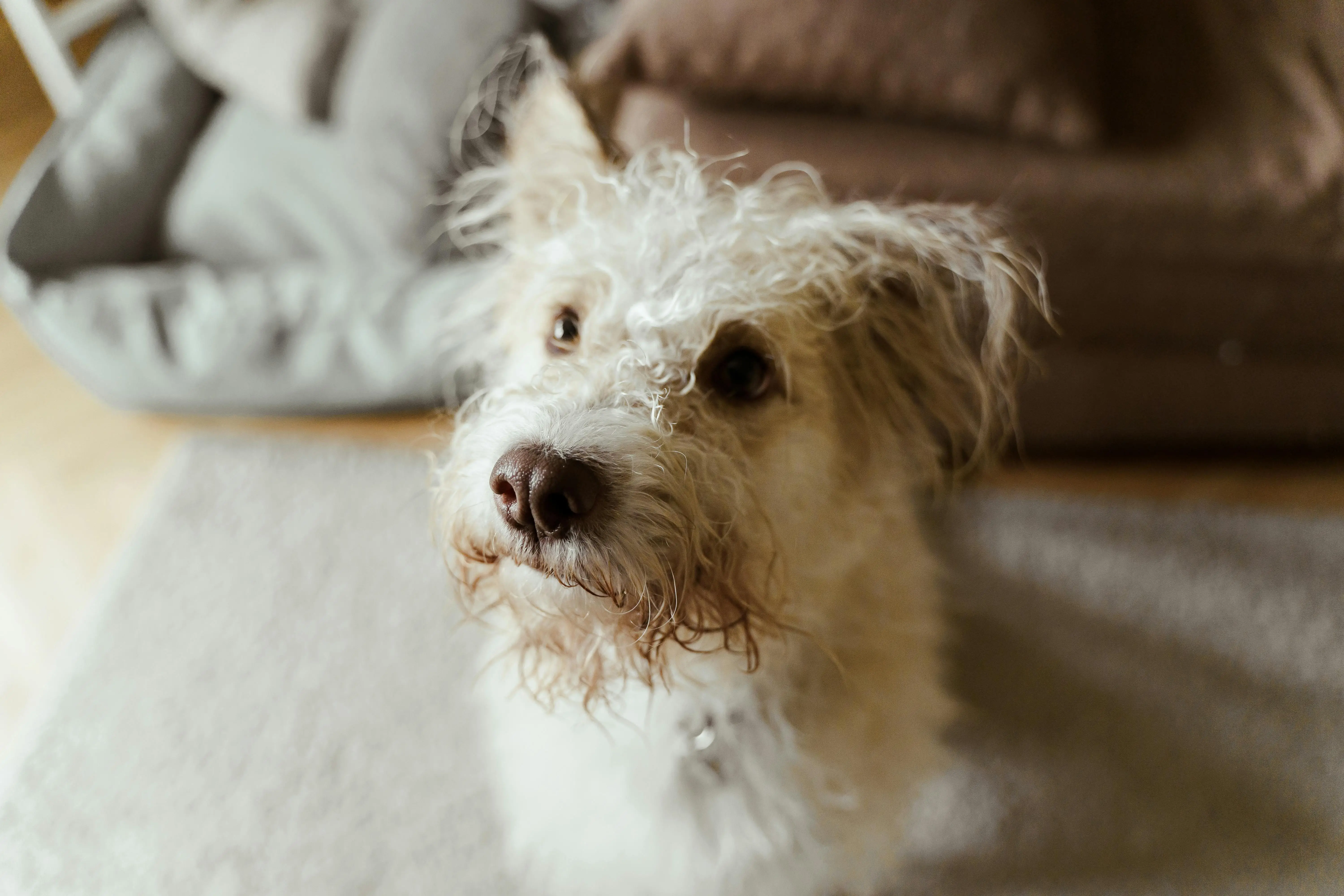
In the quest for a Basset Hound free to a good home, various resources come into play, particularly rescue organizations and adoption platforms. These entities work tirelessly to connect Basset Hounds with loving families, playing a pivotal role in their transition to new environments.
Importance of Rescue Organizations
Rescue organizations such as All Bassets Cherished Basset Hound Rescue are dedicated to finding suitable homes for Basset Hounds in need. By focusing solely on this breed, these organizations gather valuable insights about their specific needs and challenges. Their success stories serve as a beacon of hope, illuminating the path for prospective adopters.
These organizations often offer educational programs that equip potential adopters with necessary knowledge about Basset Hound care. Through workshops and community outreach, individuals learn about behavior management, health considerations, and the significance of routine. This proactive approach fosters responsible pet ownership and ensures that Basset Hounds are placed in homes that truly understand their requirements.
Online Adoption Platforms
In the digital age, online adoption platforms have emerged as vital tools in the rehoming process. Websites like Dog’s Trust create user-friendly interfaces that allow potential adopters to search for available dogs tailored to their lifestyles. By providing essential information about each dog’s background, temperament, and specific needs, these platforms streamline the adoption process.
Additionally, social media channels play a crucial role in raising awareness about adoptable Basset Hounds. Engaging visuals and captivating stories shared through these platforms can spark interest in potential adopters who may not have considered rescuing a dog. By leveraging social media, rescue groups broaden their reach and create a communal spirit focused on the welfare of these beloved breeds.
Success Stories and Community Impact
Nothing illustrates the positive impact of rescue organizations more effectively than success stories of adopted Basset Hounds. Each narrative represents not just a successful placement but also a transformation in the lives of both the dog and the adopter. These heartfelt tales encourage others to consider adoption and highlight the importance of supporting local rescues.
Success stories foster a culture of compassion and responsibility among dog owners. When individuals see the tangible benefits of adopting a Basset Hound, it inspires them to contribute to the cause—whether through volunteering, donations, or simply sharing information. The ripple effect of these efforts extends beyond individual placements, reshaping perceptions surrounding responsible pet ownership.
Community Engagement and Social Media Advocacy

The rise of community-focused initiatives and social media advocacy has ushered in a new era of support for Basset Hounds in need of homes. These grassroots efforts create vibrant networks where people can connect, share resources, and raise awareness about the plight of homeless dogs.
Building Connections through Social Media
Social media platforms, especially Facebook, have become hubs for Basset Hound enthusiasts and advocates. Groups dedicated to missing, found, or adoptable Basset Hounds create interactive environments where members can share experiences and tips. These forums foster a sense of belonging, allowing users to collaborate on solutions for common challenges faced by the breed.
Through these groups, individuals can actively contribute to the welfare of Basset Hounds within their communities. Whether it’s organizing fundraising events, planning meetups, or spreading the word about adoptable dogs, social media serves as a catalyst for collective action. The ability to engage and mobilize like-minded individuals can profoundly impact the lives of dogs in need.
Best Practices for Adoption
Within these community spaces, discussions about best practices for adoption frequently take center stage. Adopters share insights on choosing the right dog, preparing one’s home, and implementing effective training methods. By pooling together diverse experiences, individuals can navigate the complexities of bringing a new pet into their lives.
Furthermore, these conversations emphasize the significance of adopting rather than shopping for pets. Prospective adopters gain a clearer understanding of the obligations associated with having a Basset Hound and the positive implications of choosing to rescue. The shared knowledge within these communities bolsters responsible pet ownership and contributes to the well-being of all dogs involved.
The Emotional Connection
The emotional connection tied to the well-being of Basset Hounds cannot be overstated. In stories shared within these communities, we see the profound impact that empathy and compassion can have on the lives of these dogs. For instance, the case of Rufus, who has been missing since November 2022, serves to remind us of the real stakes involved. The struggle to locate him highlights the vulnerabilities that many Basset Hounds face, evoking a sense of urgency and interconnectedness among their advocates.
By engaging emotionally in the journeys of these dogs, community members strengthen their commitment to ensuring the safety and happiness of Basset Hounds everywhere. This collective effort speaks volumes about the power of kindness and compassion in shaping a better world for our furry friends.
Rehabilitation and Proper Care for Basset Hounds
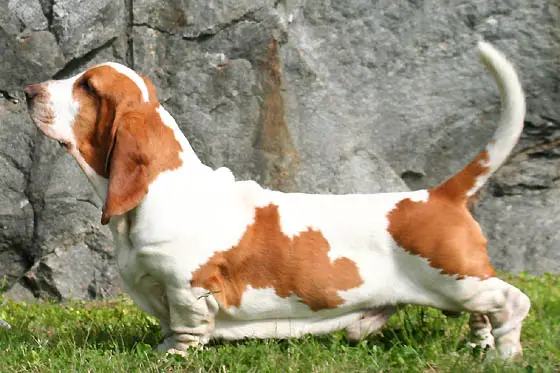
Adopting a Basset Hound presents an opportunity not only to provide a home but also to engage in rehabilitation and proper care. Understanding the needs of these dogs is crucial for facilitating a successful transition into their new environment.
Meeting Emotional Needs
Basset Hounds often come with histories that may include neglect, trauma, or abandonment. Therefore, meeting their emotional needs is paramount in fostering a loving atmosphere. Patience and consistency during the adjustment period are essential, as Basset Hounds may take time to acclimate to their new homes.
Creating a safe space where they feel secure can help ease anxiety and promote healing. This entails providing a designated area where they can retreat when overwhelmed, along with establishing routines that lend predictability to their daily activities. Adopters must recognize that emotional intelligence plays a significant role in nurturing their Basset Hound and helping them reclaim their joy.
Physical Rehabilitation
Alongside emotional needs, physical rehabilitation is critical for Basset Hounds, especially those coming from challenging backgrounds. Maintaining a healthy weight is essential, given their predisposition to obesity, which can lead to various health issues. Implementing a balanced diet, coupled with regular exercise, will promote overall well-being.
Adopting families should also prioritize regular vet check-ups to monitor any underlying health conditions common to the breed. Moreover, ensuring proper grooming—especially for their long ears—helps prevent infections and maintains hygiene. By committing to their physical rehabilitation, adopters can foster a holistic approach to care that supports the dog’s quality of life.
Training and Behavioral Management
Training and behavioral management are integral to successfully integrating a Basset Hound into a new household. Given their notorious stubbornness, establishing boundaries and expectations early on is essential. Positive reinforcement techniques work wonders in motivating Basset Hounds to learn commands and appropriate behaviors.
Engagement in regular training sessions not only facilitates learning but also reinforces the bond between the dog and its owner. This shared experience offers mental stimulation and can significantly reduce behavioral issues stemming from boredom or frustration. Adopters should view training as an ongoing journey rather than a destination—one that deepens understanding and fosters mutual respect.
Conclusion

In exploring avenues for a Basset Hound free to a good home, it’s evident that the emphasis lies on community engagement, ethical adoption practices, and a profound understanding of each dog’s individual needs. The journey of adopting a Basset Hound transcends mere companionship, weaving a tapestry of responsibility, compassion, and joy in the lives of both the adopter and the dog.
As we navigate the complex landscape of rehoming these gentle souls, it’s imperative to remember that every adoption represents a ripple effect—positively impacting not only the lives of the dogs but also reshaping societal perceptions of responsible pet ownership. Embracing this mission provides an enriched experience for all involved, ultimately paving the way for a brighter future for Basset Hounds in need of loving homes.

